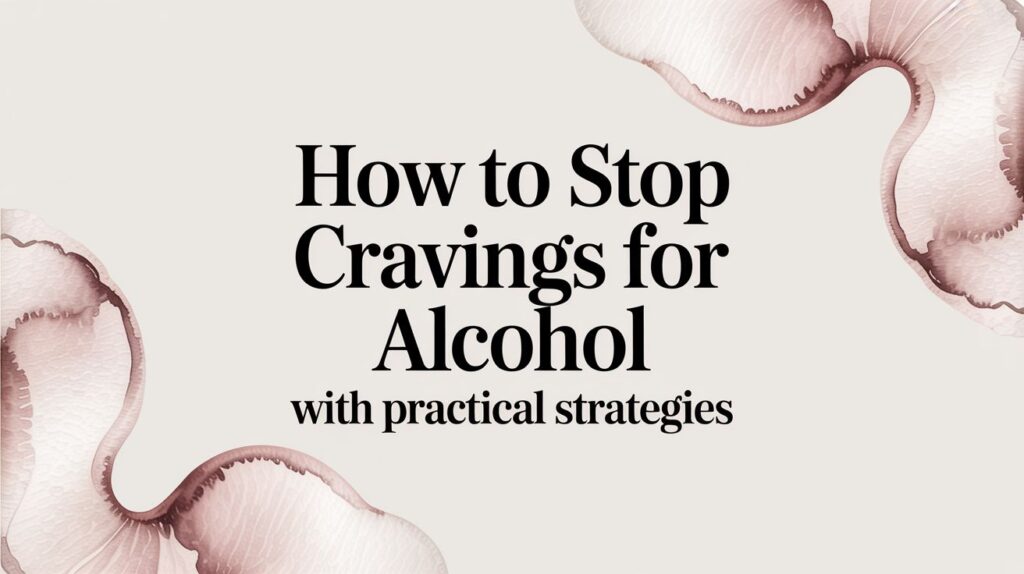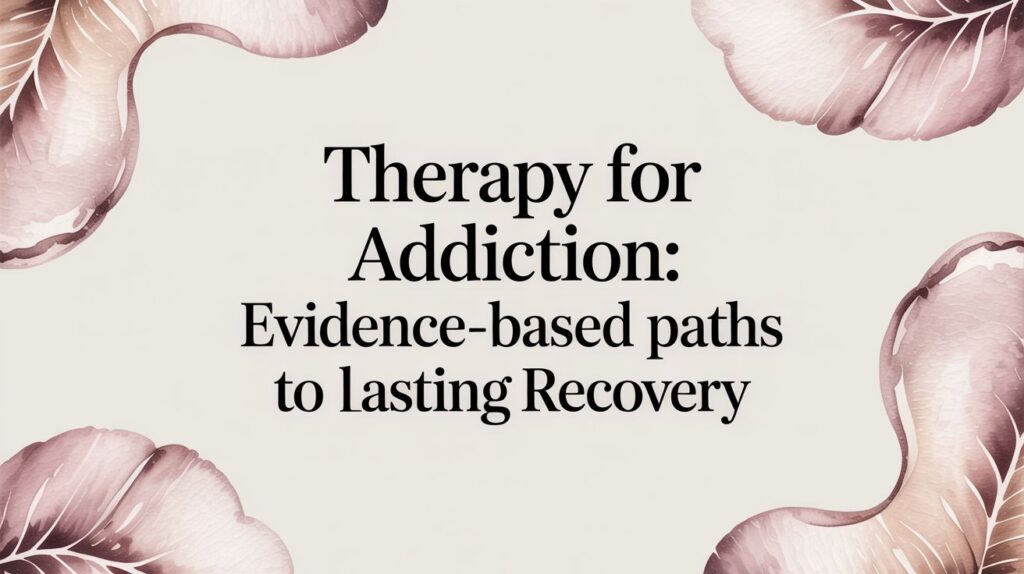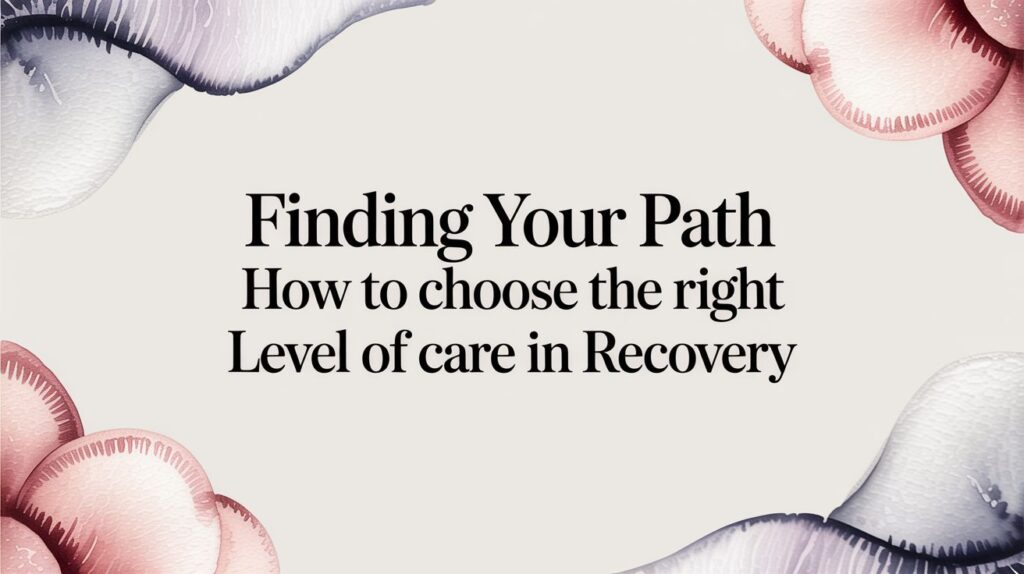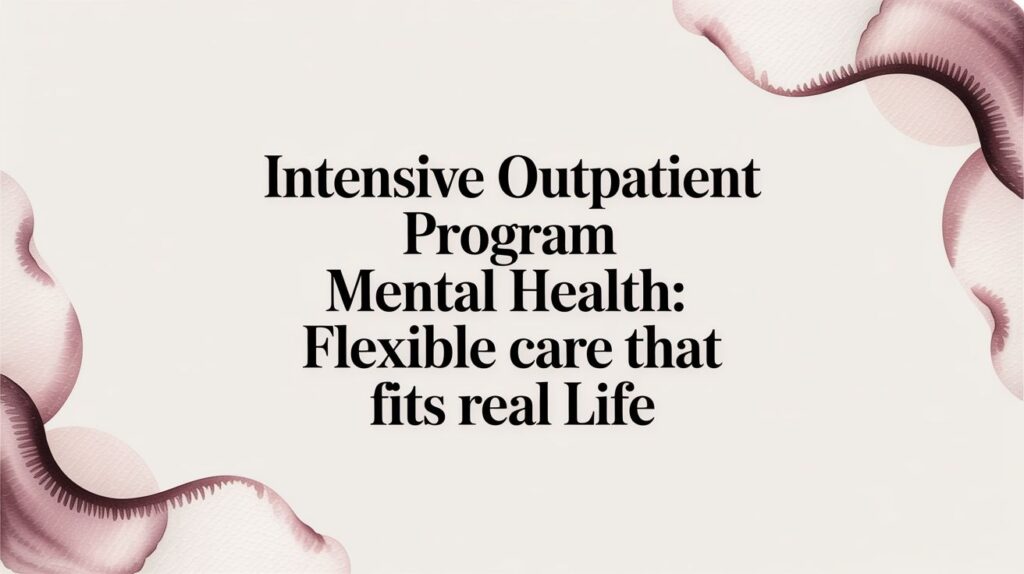Choosing a rehabilitation center is one of the most significant decisions you or your loved one will ever make. It's a commitment to a new future, but the path to recovery is paved with questions. With countless options available, how do you distinguish a truly effective program from one that just makes promises? The key lies in asking the right questions, ones that go beyond the glossy brochures and get to the heart of what matters: quality of care, personalized treatment, and a sustainable plan for long-term sobriety.
This guide provides a comprehensive checklist of the essential questions to ask a rehab facility, designed to empower you with clarity and confidence. We will explore everything from fundamental credentials to the nuances of daily treatment schedules. For those seeking even more detailed information on specific treatment philosophies or operational standards, you can find helpful articles and resources in the Insights from Salthea's Blog. This resource offers a deeper dive into many of the topics we will cover.
Think of this article as your pre-admission investigation tool. We have organized critical inquiries into clear categories, complete with recommended follow-ups, red flags to watch for, and advice on tailoring your questions for specific needs like outpatient care or dual-diagnosis treatment. We will cover every critical area, including:
- Accreditation, licensing, and staff qualifications.
- Treatment modalities and therapies, including co-occurring disorders.
- Medication-assisted treatment (MAT) and aftercare planning.
- Family involvement, costs, and insurance verification.
By using this list, you are not just gathering information; you are conducting a thorough evaluation to ensure the chosen facility aligns perfectly with your unique path to healing and growth. Let's begin building the foundation for a successful recovery journey.
1. Is your facility accredited and licensed?
This is one of the most critical foundational questions to ask a rehab facility. Licensing and accreditation are not just formalities; they are your assurance that a treatment center meets or exceeds established standards for safety, quality of care, and ethical practices. A state license confirms the facility operates legally and complies with government regulations, while accreditation from an independent body signifies a deep commitment to high-quality clinical services.

Think of it as a safety net. These credentials ensure the facility is held accountable for its treatment protocols, staff qualifications, and patient rights. Without them, you have no guarantee of the quality or legitimacy of the care provided.
Why This Question Matters
Accreditation from respected organizations like The Joint Commission or CARF (Commission on Accreditation of Rehabilitation Facilities) involves a rigorous, voluntary review process. It shows the facility has invested significant resources to prove its programs are effective and evidence-based. For example, the Hazelden Betty Ford Foundation maintains multiple accreditations, signaling its dedication to clinical excellence across its network.
Actionable Tips & Red Flags
When you inquire, don't stop at a simple "yes." Dig deeper for verification.
- Ask for Specifics: Inquire which specific bodies have accredited them. For CARF, you can verify a provider directly on their website.
- Verify Licenses: Check with your state's health or substance abuse services department to confirm their license is active and in good standing. Look for any reported violations or complaints.
- Request Documentation: A reputable facility will have no issue providing copies of their certificates or linking you to their public accreditation records.
A major red flag is any hesitation or refusal to provide this information. If a facility is vague about its credentials or cannot offer proof, it's a clear sign to continue your search elsewhere. This initial check protects you from substandard or even fraudulent operations.
2. What treatment modalities and therapeutic approaches do you use?
Understanding a facility's treatment philosophy is crucial because "rehab" is not a one-size-fits-all solution. The specific therapeutic methods, or modalities, they employ are the tools used to build a sustainable recovery. A reputable center will utilize evidence-based practices, which are treatments backed by scientific research, to ensure the highest likelihood of success for different types of addiction and co-occurring disorders.
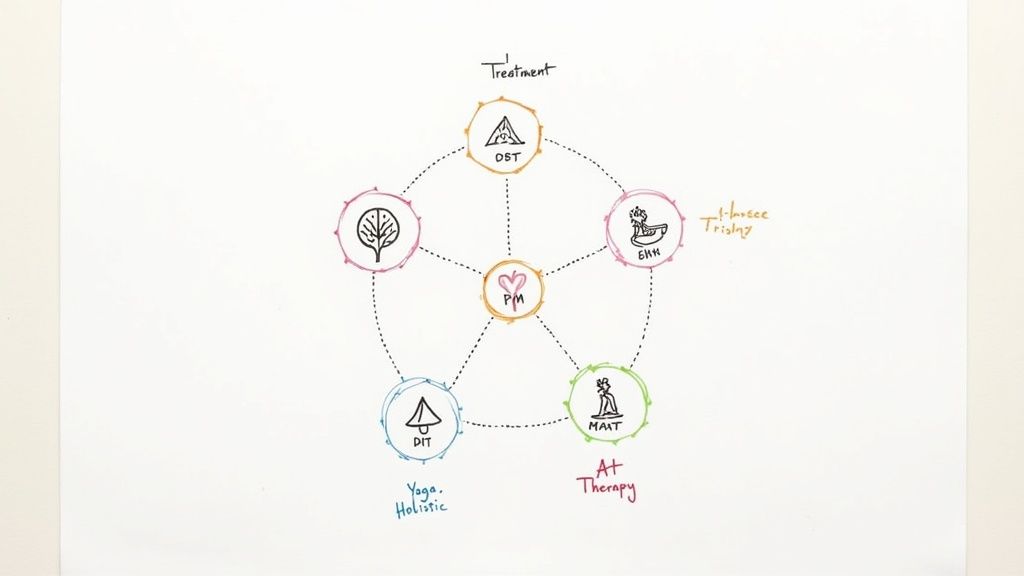
This question helps you determine if their approach aligns with your or your loved one's specific needs, beliefs, and psychological profile. The goal is to find a program that addresses not just the substance use itself but also the underlying causes, such as trauma, anxiety, or depression.
Why This Question Matters
Different modalities are effective for different situations. For instance, Cognitive Behavioral Therapy (CBT) is highly effective for identifying and changing negative thought patterns, while Dialectical Behavior Therapy (DBT) excels at teaching emotional regulation and distress tolerance. Many leading centers like Hazelden Betty Ford successfully integrate 12-Step facilitation with these clinical therapies. A facility that offers a diverse range of options is better equipped to create a truly personalized treatment plan.
Actionable Tips & Red Flags
When exploring treatment options, go beyond the surface-level descriptions.
- Ask About Personalization: How do you determine which modalities are right for each client? A quality program will conduct a thorough assessment to tailor the plan.
- Inquire About Integrated Care: If dual diagnosis is a concern, ask how they treat co-occurring mental health disorders alongside addiction.
- Request Specific Examples: Ask which therapies they use for specific issues, like trauma (EMDR) or family conflict (Family Systems Therapy). Many of these are discussed in both individual and group settings, so it can be helpful to explore the different topics covered in group therapy.
- Check for Flexibility: Is the treatment plan static, or can it be adjusted if a certain therapy isn't effective?
A significant red flag is a facility that promotes a single, "miracle" cure or cannot clearly articulate the evidence behind its methods. Vague answers or an over-reliance on non-clinical, holistic treatments without a foundation of proven therapies suggest a lack of clinical depth. True recovery requires a sophisticated and adaptable therapeutic strategy.
3. Do you treat co-occurring mental health disorders?
Substance use and mental health conditions are often deeply intertwined. This is why asking a rehab facility about their approach to co-occurring disorders, also known as dual diagnosis, is essential. An effective program doesn't just address the addiction; it simultaneously treats underlying conditions like depression, anxiety, or PTSD that can fuel substance use and threaten long-term sobriety.
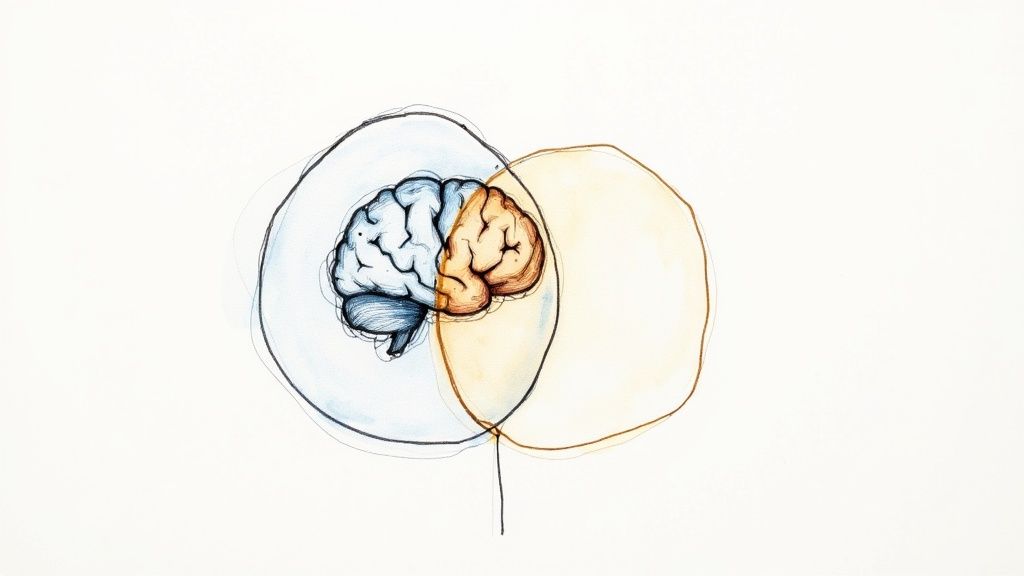
Treating one issue while ignoring the other is like trying to fix a leaky boat with a single patch when there are two holes. Unless both are addressed through an integrated treatment plan, the risk of relapse remains incredibly high. True recovery requires healing the whole person, not just one symptom.
Why This Question Matters
Integrated treatment is the gold standard for dual diagnosis care. This means a single, cohesive team of professionals addresses both substance use and mental health in a coordinated way. For example, facilities like Promises Treatment Centers offer specialized programs for individuals dealing with both trauma and addiction, ensuring psychiatric care is woven into the fabric of addiction therapy. This comprehensive approach is far more effective than separate, disjointed treatments. The connection between trauma and substance abuse is particularly strong, making this a critical area of focus. Learn more about trauma and addiction recovery at alturarecovery.com.
Actionable Tips & Red Flags
When you ask this crucial question, be prepared to investigate their capabilities thoroughly.
- Ask About Staff: Inquire if they have licensed psychiatrists and mental health professionals on staff, not just on-call consultants. This indicates a true integrated care model.
- Inquire About Specifics: Ask which specific mental health conditions they are equipped to treat. A facility specializing in anxiety may not be the right fit for someone with a complex eating disorder.
- Request Plan Details: Ask how they create and manage an integrated treatment plan. How do the addiction and mental health teams collaborate? Do they offer psychiatric medication management?
A significant red flag is a facility that claims to treat "everything" or offers to refer you out for mental health care. This suggests a lack of specialized expertise and a non-integrated approach, which can compromise the effectiveness of the treatment and hinder the path to a sustainable recovery.
What is your staff-to-patient ratio and their qualifications?
The quality of a rehab facility's staff and the amount of attention they can provide are direct predictors of treatment success. A low staff-to-patient ratio ensures each individual receives personalized care, while highly qualified staff means that care is evidence-based, professional, and effective. This combination is the engine of a successful recovery program.
Think of the staff as your dedicated support team. A lower ratio means more one-on-one time with therapists, immediate support during a crisis, and a more tailored treatment plan. It prevents you from feeling like just a number and ensures your unique needs are addressed promptly and thoroughly.
Why This Question Matters
A high staff-to-patient ratio can lead to burnout among clinicians and diluted, ineffective care for patients. Conversely, a facility that invests in a robust, highly-qualified team demonstrates a commitment to quality outcomes. For instance, premier facilities often maintain a 1:4 or 1:5 counselor-to-patient ratio, far exceeding minimum state requirements. This allows for deeper therapeutic alliances and more intensive, focused treatment.
Actionable Tips & Red Flags
When asking about the team, go beyond the general numbers to understand the true quality of care.
- Ask for Specific Ratios: Inquire about the clinical staff-to-patient ratio for both day and night shifts. Also, ask about the ratio for specific roles, like licensed therapists versus support staff.
- Request Credentials: Ask about the qualifications of the clinical team. Look for licensed professionals like LCSWs (Licensed Clinical Social Workers), LPCs (Licensed Professional Counselors), and addiction medicine physicians.
- Inquire About Training: A key question to ask a rehab facility is about ongoing training. Do they specialize in trauma-informed care or specific therapies like EMDR or CBT?
- Check Staff Tenure: Ask about the average length of employment for clinical staff. High turnover can be a sign of poor management and an unstable treatment environment.
A major red flag is a facility that is vague about ratios or cannot provide clear information on staff credentials. If they emphasize a high overall staff number that includes non-clinical roles like cooks or administrative assistants, it may be a tactic to obscure a low number of actual therapists. True transparency about their clinical team is a hallmark of a quality program.
5. What is the typical length of stay and is it flexible?
The duration of a treatment program is a significant factor in long-term recovery success, making this one of the most important questions to ask a rehab facility. While 28 or 30-day programs are common, research consistently shows that longer treatment episodes often lead to better outcomes. The length of stay should not be a one-size-fits-all number; it should be based on clinical need and individual progress.
Think of it as building a new foundation. A 30-day stay may only be enough to detoxify and stabilize, while a 60 or 90-day program provides the necessary time to address underlying issues, develop new coping mechanisms, and practice sober living skills in a supportive environment. True healing and behavioral change take time.
Why This Question Matters
Data from the Substance Abuse and Mental Health Services Administration (SAMHSA) indicates a strong correlation between stays of 90 days or longer and sustained recovery. A longer duration allows individuals to move beyond the initial challenges of withdrawal and begin the deeper therapeutic work necessary for lasting change. This extended period is crucial for managing conditions like post-acute withdrawal syndrome, where symptoms can persist for months. A flexible program that can adapt its length based on a client's evolving needs demonstrates a patient-centered approach to care.
Actionable Tips & Red Flags
When discussing program duration, go beyond the standard options and explore the facility’s philosophy.
- Ask About Assessment: Inquire how the initial recommended length of stay is determined. Is it based on a comprehensive clinical assessment or a standard program track?
- Clarify Extension Policies: Ask what happens if more time is needed. Is extending the stay a seamless process, and what are the financial and logistical implications?
- Inquire About Step-Down Care: A good facility will have a clear plan for transitioning clients from a more intensive level of care to a less intensive one (e.g., from residential to outpatient) as they progress.
A major red flag is a facility that only offers a single, rigid program length for every client. If they cannot explain how treatment duration is customized to meet individual needs or are resistant to discussing extensions, it may suggest a less sophisticated, cookie-cutter approach to recovery.
6. Do you offer medication-assisted treatment (MAT) options?
Medication-Assisted Treatment (MAT) is a critical, evidence-based approach that combines FDA-approved medications with counseling and behavioral therapies. This "whole-patient" method is primarily used for treating opioid and alcohol use disorders, and it has been shown to significantly improve patient survival, increase treatment retention, and decrease illicit opiate use. Not every facility offers MAT, making this one of the most important questions to ask a rehab facility if you or a loved one is struggling with opioid or alcohol addiction.
Think of MAT as a tool that stabilizes the brain's chemistry, reduces cravings, and blocks the euphoric effects of substances. This stabilization provides a solid foundation, allowing individuals to more effectively engage in the therapeutic work necessary for long-term recovery. Without it, the physical battle can often overshadow psychological healing.
Why This Question Matters
For opioid and alcohol use disorders, MAT is considered the gold standard of care by leading health organizations. Facilities that integrate MAT, like Hazelden Betty Ford Foundation, demonstrate a commitment to using scientifically validated methods to achieve the best possible outcomes. It signals that a program prioritizes reducing the risks of relapse and overdose by addressing the physiological aspects of addiction alongside the psychological ones.
Actionable Tips & Red Flags
A simple "yes" isn't enough; the quality and integration of the MAT program are what count.
- Ask for Specifics: Inquire which medications they offer (e.g., buprenorphine, naltrexone, methadone) and the credentials of the prescribing medical staff.
- Discuss Integration: Ask how MAT is woven into the overall treatment plan. Is it combined with individual therapy, group counseling, and psychiatric care?
- Inquire About Aftercare: What is the plan for continuing medication management after leaving the facility? A good program provides a seamless transition to outpatient providers.
A significant red flag is a facility that dismisses MAT or promotes a purely abstinence-only model without medical support, especially for opioid addiction. Vague answers about their MAT protocols or a lack of qualified medical staff to oversee the program are clear indicators that their approach may not align with current best practices.
7. What is your aftercare and relapse prevention program?
Completing a residential or intensive outpatient program is a monumental achievement, but it's the beginning of the recovery journey, not the end. A robust aftercare and relapse prevention program is the bridge between the structured support of treatment and the challenges of everyday life. This is a critical question to ask a rehab facility because it reveals their commitment to long-term, sustainable recovery.

Think of aftercare as the essential follow-up care that reinforces the skills learned during treatment. Without it, individuals can feel isolated and unprepared to handle triggers, putting their hard-earned sobriety at risk. A comprehensive plan provides a safety net of continued support and accountability.
Why This Question Matters
The transition from a highly structured rehab environment back to daily life can be jarring. Effective aftercare provides ongoing support, helping to manage cravings, navigate triggers, and build a sober social network. For example, some facilities, like the Hazelden Betty Ford Foundation, offer extensive alumni programming that can last for years, while others may provide free aftercare sessions for the first 90 days post-discharge. This continued connection significantly improves the chances of lasting success.
Actionable Tips & Red Flags
A facility's aftercare plan should be clear, structured, and personalized. Don't settle for vague promises of support.
- Request a Written Plan: Ask to see a sample aftercare plan before you commit. It should be tailored to the individual and outline specific steps, resources, and check-ins.
- Inquire About Alumni Groups: Strong alumni networks provide invaluable peer support. Ask about meeting schedules, online forums, and mentorship opportunities.
- Clarify Emergency Protocols: What happens if a crisis occurs after discharge? Ask about their emergency contact procedures and what level of support they provide.
- Explore Family Involvement: Inquire about options for family therapy or educational resources as part of the aftercare program to help rebuild the family support system.
A significant red flag is a facility that has no formal aftercare plan or seems to view discharge as the final step. If they can't provide specifics on continued counseling, support groups, or relapse prevention strategies, it suggests they may not be fully invested in your long-term well-being.
8. Does the facility provide family therapy and involvement?
Addiction is often called a "family disease" because it profoundly impacts the entire family unit, not just the individual. One of the most important questions to ask a rehab facility is about its approach to family involvement, as this component is a powerful predictor of long-term recovery success. A program that incorporates family therapy acknowledges that healing must occur within the family system to create a stable, supportive environment for the individual's return.
Think of it as repairing the foundation of a house while fixing a room. Effective family therapy addresses codependency, enabling behaviors, and broken communication patterns, equipping loved ones with the tools they need to support recovery rather than hinder it. Without this crucial element, a person in recovery may return to the same dysfunctional dynamics that contributed to their substance use.
Why This Question Matters
Evidence-based treatment centers recognize that family support can make or break a person's recovery journey. Programs that integrate family therapy help mend relationships, educate loved ones about the disease of addiction, and establish healthy boundaries. For instance, leading centers like Hazelden Betty Ford often include a mandatory family week, while Promises Malibu offers comprehensive family programming to ensure the entire support system heals together. This involvement transforms the family from a source of stress into a cornerstone of support. For family members, understanding their role is critical, especially when dealing with an alcoholic spouse or other loved one.
Actionable Tips & Red Flags
When asking about family programs, go beyond a simple yes-or-no answer to understand the depth of their offering.
- Ask About the Format: Is family involvement mandatory or optional? Do they offer group sessions, individual family therapy, or multi-day intensive workshops?
- Inquire About Accessibility: For geographically distant families, are there virtual or remote participation options available?
- Clarify the Curriculum: What specific topics are covered in family education? Look for subjects like addiction science, communication skills, boundary setting, and self-care for family members.
- Check for Specialized Tracks: Does the facility offer separate support tracks for spouses, parents, or children and adolescents?
A significant red flag is a facility that dismisses the importance of family involvement or treats it as an optional add-on. If they cannot clearly articulate how they integrate families into the treatment process, it may indicate a less comprehensive and potentially less effective program. True healing requires the participation of the whole family system.
9. How do you handle insurance and what are your payment options?
The financial aspect of treatment can be a significant source of stress, but it shouldn't be a barrier to getting help. Understanding a facility's billing practices, insurance acceptance, and payment flexibility is a crucial step in the planning process. A transparent facility will openly discuss costs and help you navigate your financial options to find a sustainable path to recovery.
This question moves beyond a simple price tag. It’s about assessing the facility's willingness to work with you, their understanding of the insurance landscape, and the availability of support systems for those facing financial hardship. A clear financial plan minimizes surprises and allows you to focus completely on your treatment.
Why This Question Matters
Cost is one of the most common reasons people delay or avoid seeking treatment. By tackling this question early, you can gain clarity and peace of mind. Many reputable centers, like those that accept major providers such as Aetna or Blue Cross Blue Shield, have dedicated financial counselors or admissions coordinators who specialize in verifying benefits and explaining out-of-pocket expenses. They can help you understand your policy's coverage for different levels of care, from detox to outpatient services.
Actionable Tips & Red Flags
Don't let the complexity of healthcare finance intimidate you. Use these specific questions to get the information you need.
- Verify, Then Trust: After the facility confirms they accept your insurance, call your insurance provider directly to verify your benefits for substance abuse treatment. Confirm deductibles, copays, and any limits on the length of stay.
- Ask for an Estimate: Request a detailed, written estimate of your total out-of-pocket costs. This should include services that might not be fully covered, like specialized therapies or medications.
- Inquire About Assistance: Ask directly: "Do you offer sliding scale fees, payment plans, or any financial assistance programs?" Many non-profit facilities have grants or scholarships available.
- Clarify What's Included: Get a clear list of what the daily or program rate covers. Are meals, ancillary therapies (like yoga or art therapy), and medical appointments included, or are they billed separately?
A major red flag is a facility that pressures you to make a financial commitment before providing a clear and complete breakdown of costs. Vague answers about pricing or a refusal to put cost estimates in writing suggest a lack of transparency that could lead to unexpected bills later.
10. What is your facility's success/recovery rate and how is it measured?
This is a seemingly straightforward question to ask a rehab facility, but the answer can be complex and revealing. Reputable facilities track patient outcomes, but "success" is not a universally defined term in addiction treatment. Understanding how a center defines, measures, and reports its success is crucial for setting realistic expectations and evaluating its effectiveness.
Some facilities may define success as simple program completion, while others track long-term sobriety, employment rates, or improved quality of life months or years after discharge. Transparent facilities will be open about their methodologies and what their statistics truly represent.
Why This Question Matters
Asking about success rates helps you gauge a facility's commitment to evidence-based practices and long-term patient well-being. A center that invests in tracking outcomes demonstrates accountability and a desire for continuous improvement. For instance, the National Institute on Drug Abuse (NIDA) notes that effective Medication-Assisted Treatment (MAT) programs can achieve 40-60% abstinence rates at six months, providing a benchmark for comparison.
This question helps you look past marketing claims and understand the tangible results a facility achieves for its clients. It pushes the conversation toward data rather than just promises.
Actionable Tips & Red Flags
A facility's willingness to discuss its metrics in detail is a strong positive sign. Use these follow-up questions to get a clear picture.
- Request Specifics: Ask, "How do you define 'success'?" Is it completing the 30-day program, or is it one year of continuous sobriety?
- Inquire About Methodology: Ask how they collect this data. Is it through self-reported surveys, family check-ins, or verified testing? How often do they follow up with alumni?
- Compare Metrics: Inquire about their program completion rate versus their sustained recovery rate. A high completion rate is good, but a high long-term recovery rate is better.
- Ask for Documentation: A reputable center, like the Hazelden Betty Ford Foundation, often publishes outcome data. Ask if they have a written report or data sheet you can review.
The biggest red flag is a facility that quotes a suspiciously high, single-number success rate (e.g., "95% successful") without any context or data to back it up. Evasiveness or an unwillingness to define their metrics should prompt you to investigate other options.
10 Essential Questions to Compare Rehab Facilities
| Item | 🔄 Implementation complexity | ⚡ Resource requirements | ⭐📊 Expected outcomes | 💡 Ideal use cases | ⭐ Key advantages |
|---|---|---|---|---|---|
| Is your facility accredited and licensed? | 🔄 Low — document checks & periodic audits | ⚡ Low — admin fees, compliance staff | ⭐⭐📊 Ensures baseline quality & legal protection | 💡 Verifying basic safety & legitimacy | ⭐ Standardized care; third‑party oversight |
| What treatment modalities and therapeutic approaches do you use? | 🔄 Moderate — trained clinicians & protocols | ⚡ Medium — therapists, materials, spaces | ⭐⭐⭐📊 Evidence‑based modalities improve success when tailored | 💡 Personalized plans for varied addictions | ⭐ Multiple modalities; adaptable care |
| Do you treat co‑occurring mental health disorders? | 🔄 High — integrated dual‑diagnosis workflows | ⚡ High — psychiatrists, med mgmt, specialists | ⭐⭐⭐📊 Reduces relapse; improves functioning | 💡 Addiction with PTSD, depression, anxiety | ⭐ Treats root causes; lowers relapse risk |
| What is your staff‑to‑patient ratio and qualifications? | 🔄 Moderate — hiring, credentialing, scheduling | ⚡ High — more staff, ongoing training | ⭐⭐⭐📊 Better individualized care and emergency response | 💡 High‑acuity inpatient programs | ⭐ Personalized attention; clinical expertise |
| What is the typical length of stay and is it flexible? | 🔄 Moderate — program design & reassessment | ⚡ Variable — longer stays increase cost | ⭐⭐⭐📊 Longer durations correlate with stronger long‑term outcomes | 💡 Severe dependence or need for stabilization | ⭐ Flexibility; improved retention & recovery |
| Do you offer medication‑assisted treatment (MAT) options? | 🔄 High — licensed prescribers, strict protocols | ⚡ Medium–High — medications, monitoring, prescribers | ⭐⭐⭐⭐📊 Strongly reduces cravings, illicit use, overdose risk | 💡 Opioid/alcohol dependence requiring pharmacotherapy | ⭐ Evidence‑based; improves retention & safety |
| What is your aftercare and relapse prevention program? | 🔄 Moderate — continuity systems & follow‑up processes | ⚡ Medium — outpatient staff, alumni networks | ⭐⭐⭐📊 Sustains recovery; reduces post‑discharge crises | 💡 Transitioning from inpatient to community care | ⭐ Continuity of care; relapse mitigation |
| Does the facility provide family therapy and involvement? | 🔄 Moderate — scheduling & specialized sessions | ⚡ Low–Medium — education materials, family therapists | ⭐⭐⭐📊 Improves retention; lowers relapse when engaged | 💡 Cases with strong family influence or dysfunction | ⭐ Builds support; repairs relationships |
| How do you handle insurance and what are payment options? | 🔄 Moderate — verification, prior auth processes | ⚡ Variable — billing teams, financial counselors | ⭐⭐📊 Increases access; may reduce out‑of‑pocket costs | 💡 Cost‑sensitive or insurance‑dependent patients | ⭐ Financial access; multiple payment pathways |
| What is your facility's success/recovery rate and how measured? | 🔄 Moderate–High — outcome tracking & follow‑up systems | ⚡ Medium — data tools, follow‑up staff | ⭐⭐📊 Provides transparency but metrics vary widely | 💡 Comparing program effectiveness & fit | ⭐ Accountability; data‑driven selection |
Your Next Step: From Asking Questions to Taking Action
Navigating the path to recovery begins with asking the right questions, and you are now armed with a comprehensive framework to do just that. This guide has moved beyond a simple checklist, offering a strategic tool for self-advocacy and informed decision-making. The journey from inquiry to enrollment is one of the most critical steps you or your loved one will take, and the quality of your questions directly shapes the quality of care you receive.
Remember, the goal isn't to find a universally "best" rehab facility, but to identify the one that is unequivocally right for your unique circumstances. Whether you are a working professional needing a flexible outpatient schedule, a young adult managing a dual diagnosis, or a family member seeking support, the answers to these questions will illuminate the path forward.
Key Takeaways: Your Blueprint for Choosing a Facility
This isn't just about gathering information; it’s about piecing together a complete picture of a facility's philosophy, expertise, and commitment to patient-centered care. As you evaluate your options, keep these core principles at the forefront:
- Accreditation and Licensing are Non-Negotiable: These are the bedrock of safety and quality. A facility without proper credentials from recognized bodies like The Joint Commission or CARF should be an immediate red flag.
- Treatment Must Be Evidence-Based and Individualized: Look for a blend of proven therapeutic modalities like CBT, DBT, or EMDR. A one-size-fits-all approach is a relic of outdated treatment models; modern recovery demands personalization.
- Dual-Diagnosis Capability is Crucial: Substance use and mental health are often intertwined. A facility that isn't equipped to treat co-occurring disorders is only addressing half the problem, significantly increasing the risk of relapse.
- Aftercare Is Not an Afterthought: Recovery is a lifelong journey, not a 30-day event. A robust aftercare program, including alumni support, relapse prevention planning, and ongoing therapy, is a clear indicator of a facility's long-term investment in its clients' success.
Putting Your Knowledge into Action
You've absorbed the "what" and "why" behind these essential questions to ask a rehab facility; now it's time to act. Don't be passive in your search. Treat each phone call or tour as an interview where you are the one in charge.
Pro-Tip: Create a spreadsheet or a dedicated notebook to track the answers you receive from each facility. This organized approach allows for a clear, side-by-side comparison, removing emotion from the initial evaluation and focusing purely on the facts and the quality of care offered.
Use this list as your script. Be direct, be thorough, and do not hesitate to ask for clarification. The willingness and transparency with which a facility's staff answers your questions speak volumes about their culture and their commitment to patient care. If you are met with vague responses, evasiveness, or high-pressure sales tactics, consider it valuable data guiding you toward a better option.
Making this decision is a profound act of hope and courage. By asking detailed, insightful questions, you are not just choosing a program; you are choosing a partner in recovery. You are laying the foundation for a future built on health, stability, and lasting well-being. This diligent approach ensures that the facility you select is not just a place to get well, but a place to truly thrive.
If you're looking for a facility that welcomes these questions and provides clear, comprehensive answers, consider reaching out to Altura Recovery. Their commitment to evidence-based, dual-diagnosis care and flexible outpatient programs aligns directly with the high standards discussed in this guide. Explore your options and start the conversation by visiting Altura Recovery today.


